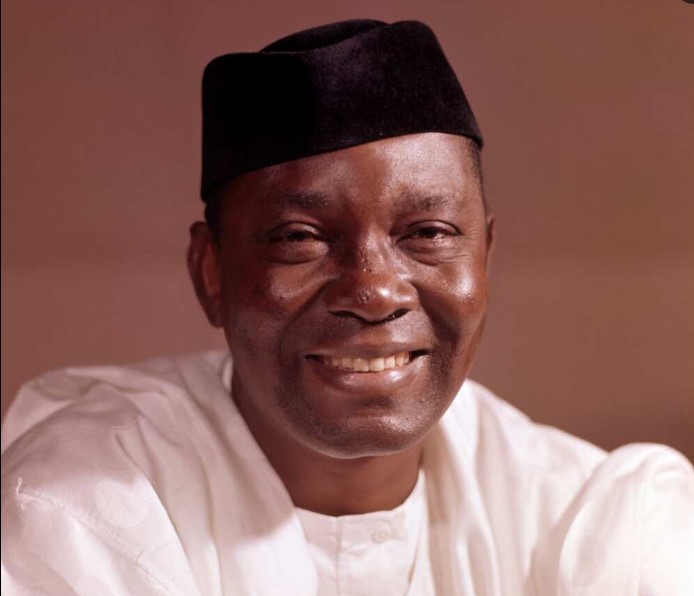
Nnamdi Azikiwe: Nigeria's Founding Father and Political Luminary
Nigeria's journey to nationhood and democracy has been marked by the influence of several remarkable individuals who have shaped the course of its history. Among these luminaries, one stands out as a pivotal figure in Nigeria's quest for independence and early political development - Nnamdi Azikiwe. In this article, we will explore the life, contributions, and enduring legacy of this influential Nigerian political icon that made him worthy enough to be on the 500 Naira note.
Early Life and Education
Nnamdi Azikiwe, born Benjamin Nnamdi Azikiwe on November 16, 1904, in Zungeru, in what is now northern Nigeria, came from humble beginnings. His early education took place in Nigeria and Sierra Leone before he traveled to the United States for further studies. He attended several American universities, including Howard University and the University of Pennsylvania, where he earned degrees in various fields, including political science and journalism [3].
Champion of Independence
Returning to Nigeria in the 1930s, Azikiwe embarked on a career in journalism and became the editor of the African Morning Post. Through his writings and activism, he championed the cause of Nigerian independence from British colonial rule. His eloquence and unwavering commitment to the nationalist movement earned him the nickname "Zik of Africa."
Founding of Nigerian National Democratic Party
In 1944, Nnamdi Azikiwe played a crucial role in the formation of the National Council of Nigeria and the Cameroons (NCNC), a political party that sought self-government and independence for Nigeria [3]. The NCNC became a driving force in the struggle for Nigerian sovereignty. Azikiwe's leadership within the party, along with his advocacy for social and political reforms, helped galvanize support for the nationalist cause.
First President of Nigeria
Nigeria achieved independence from British colonial rule on October 1, 1960, and Nnamdi Azikiwe was elected as the country's first ceremonial president. His inauguration marked a historic moment in Nigeria's history, symbolizing the transition to self-rule and the beginning of the country's democratic journey.[2]
Contributions to Pan-Africanism
Azikiwe's influence extended beyond Nigeria's borders. He was a staunch advocate for Pan-Africanism [3] and played a role in various international forums, including the United Nations, where he championed the cause of decolonization and the rights of African nations.
Legacy
Nnamdi Azikiwe's legacy as a Nigerian political icon endures to this day. He is celebrated for his unwavering commitment to Nigeria's independence, his contributions to the development of democratic institutions, and his role in fostering national unity. His speeches and writings continue to inspire generations of Nigerians and Africans to take pride in their identity and work towards a better future.
Nnamdi Azikiwe's life journey from a small town in Nigeria to the presidency of an independent nation exemplifies the spirit of perseverance, dedication, and leadership. His pivotal role in Nigeria's history and his advocacy for independence make him a revered figure in the annals of Nigerian politics and a beacon of hope for all who strive for self-determination.
References
- [Nnamdi Azikiwe - Biography](https://www.biography.com/political-figure/nnamdi-azikiwe)
-
[Nigeria's Independence Day - History](https://www.history.com/this-day-in-history/nigeria-gains-independence)
-
[Nnamdi Azikiwe's Role in Pan-Africanism](https://www.britannica.com/biography/Nnamdi-Azikiwe)
-
[National Council of Nigeria and the Cameroons (NCNC)](https://en.wikipedia.org/wiki/National_Council_of_Nigeria_and_the_Cameroons)
- [Nnamdi Azikiwe: The Ideologue](https://www.vanguardngr.com/2017/11/nnamdi-azikiwe-ideologue/)